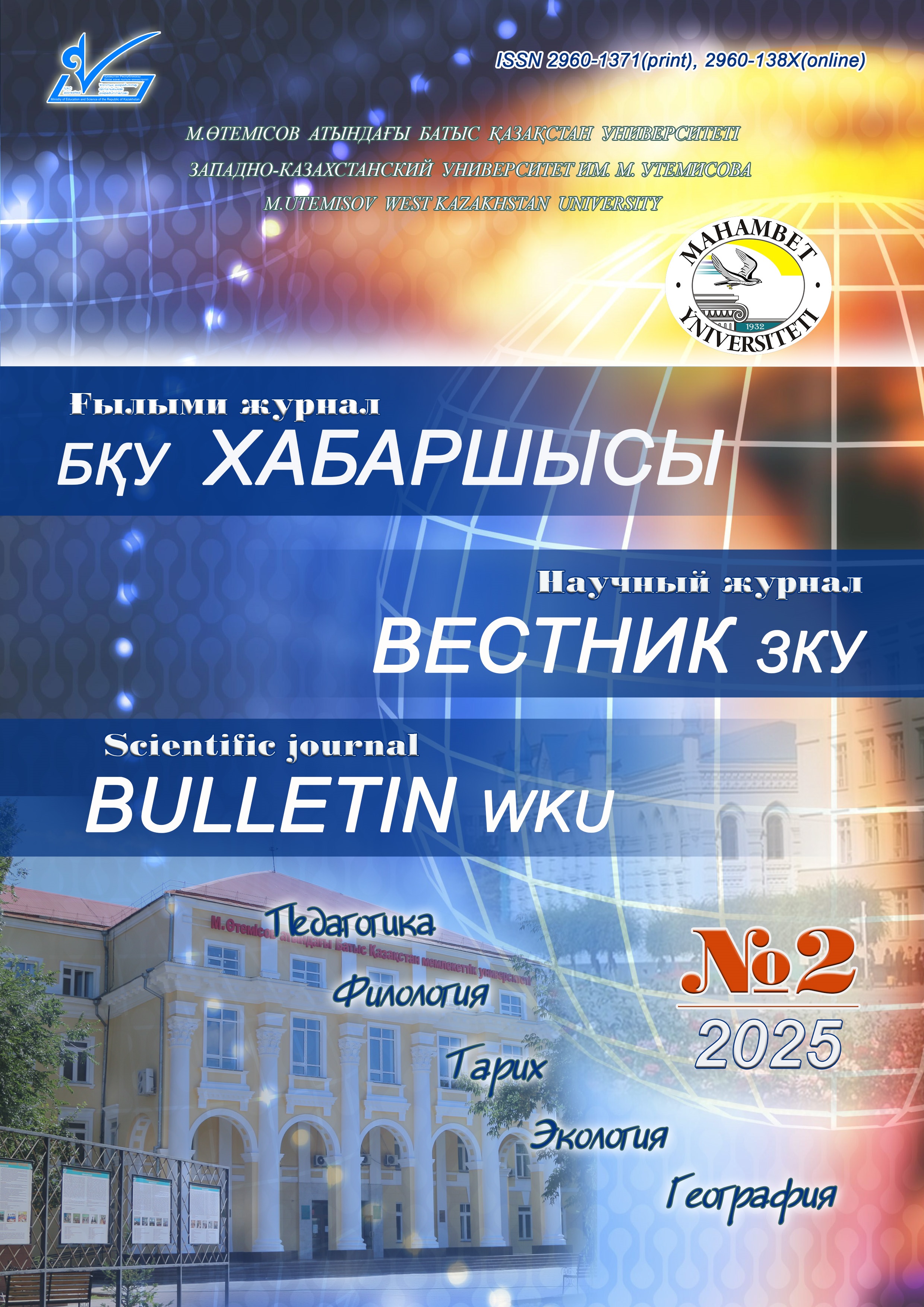WESTERN EUROPEAN HISTORIOGRAPHY ON KHAN BERKE
Abstract
Western European historiography on Khan Berke (1257–1266) examines his
reign in the context of political, military, and religious changes within the Mongol Empire.
European sources, such as the travel accounts of William of Rubruck and the works of modern
historians, emphasize Berke’s conversion to Islam, his conflict with Hulagu Khan, and his
diplomatic relations with Islamic states. In 19th–20th century historiographical traditions, Berke
was often portrayed as a pragmatic ruler balancing traditional Mongol identity with Islamic
influence. Contemporary studies by Western scholars, including Timothy May, George Lane,
and Marie Favereau-Dumenge, analyze his rule through the lens of the transformation of the
Ulus of Jochi and its role in the further Islamization of the Golden Horde. The antagonism
between Berke and Hulagu in Western historiography is interpreted not only as a struggle for
power but also as a contest for ideological dominance between the Islamized and Buddhist-
Chinese branches of the Chinggisid lineage.



